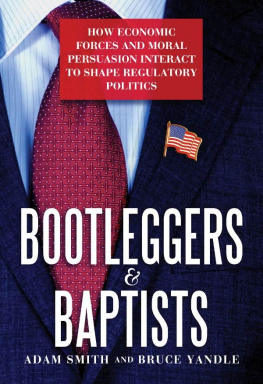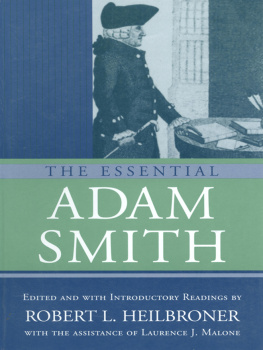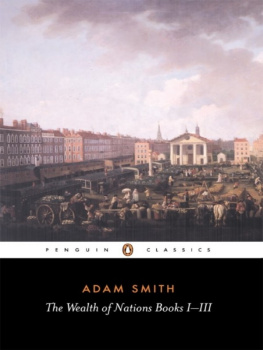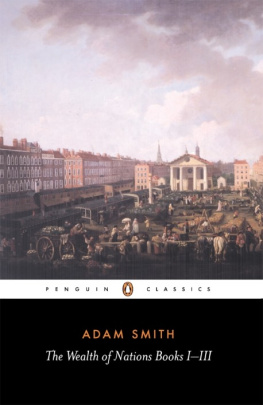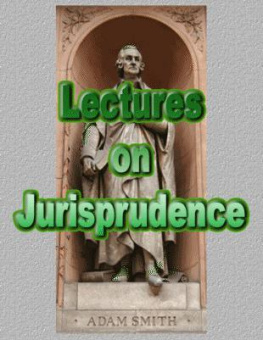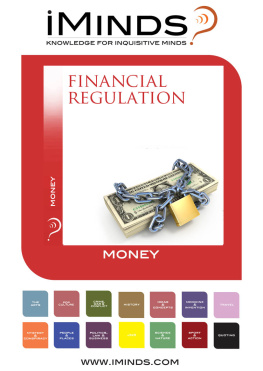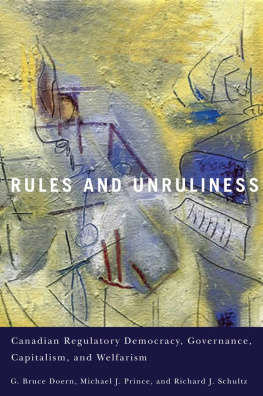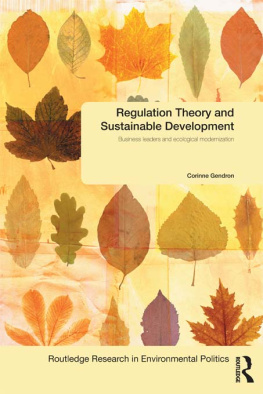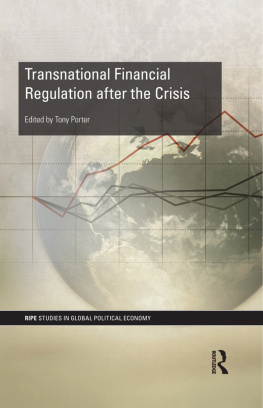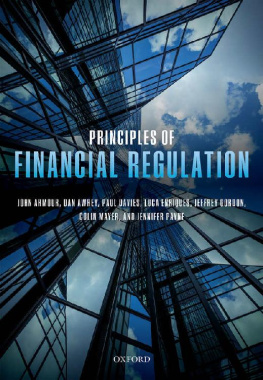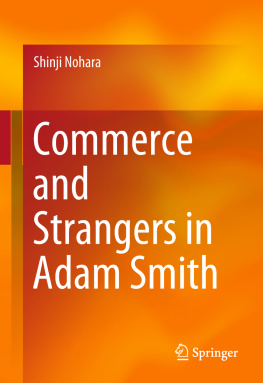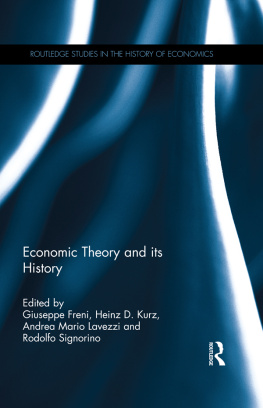HOW ECONOMIC
FORCES AND MORAL
PERSUASION INTERACT
TO SHAPE REGULATORY
POLITICS
BOOTLEGGERS
& BAPTISTS
ADAM SMITH
AND
BRUCE YANDLE

Copyright 2014 by Cato Institute.
All rights reserved. For information about reprint permissions, please contact Cato
Institute, 1000 Massachusetts Ave., NW, Washington, DC 20001.
Published by Cato Institute Press.
Library of Congress Cataloging-in-Publication Data
Smith, Adam C., 1982
Bootleggers and Baptists : understanding Americas regulatory journey /
Adam Smith and Bruce Yandle.
pages cm
Includes bibliographical references.
ISBN 978-1-939709-36-3 (hardback : alk. paper)
1. Trade regulation--Political aspects--United States. 2. Business and
politics--United States. 3. Pressure groups--United States. 4. United States-
Social policy. 5. United States--Economic policy. 6. United States--Politics and
government--Moral and ethical aspects. I. Yandle, Bruce. II. Title.
HD3616.U47S546 2014
320.60973--dc23
2014017682
eISBN 978-1-939709-37-0
Cover design by Jon Meyers.
www.cato.org
Contents
Just over 30 years ago in the May/June 1983 issue of Regulation magazine, a short piece appeared in the publications Viewpoint section. It was called Bootleggers and Baptists: The Education of a Regulatory Economist (Yandle 1983). Only four pages long, the article set forth a new theory of regulation, one that seemed consistent with the facts surrounding a large number of regulatory experiences. Using the economists standard concepts of supply, demand, and market forces, the theory was summarized as follows:
Politicians need resources in order to get elected. Selected members of the public can gain resources through the political process, and highly organized groups can do that quite handily. The most successful ventures of this sort occur where there is an overarching public concern to be addressed (like the problem of alcohol) whose solution allows resources to be distributed from the public purse to particular groups or from one group to another (as from bartenders to bootleggers). (Yandle 1983, 14)
In 1999, after 16 years spent observing Bootlegger/Baptist dynamics, the theory was described again in Regulation, this time a bit more tightly:
Here is the essence of the theory: durable social regulation evolves when it is demanded by both of two distinctly different groups. Baptists point to the moral high ground and give vital and vocal endorsement of laudable public benefits promised by a desired regulation. Baptists flourish when their moral message forms a visible foundation for political action. Bootleggers are much less visible but no less vital. Bootleggers, who expect to profit from the very regulatory restrictions desired by Baptists, grease the political machinery with some of their expected proceeds. They are simply in it for the money. (Yandle 1999b, 5)
The evolving theory filled a small niche in the growing field of public choice economics, a study area that represents a broad effort to apply economic principles to the area of politics pioneered by Nobel laureate James M. Buchanan and Gordon Tullock (1962).
The theory takes its name from the classic example of laws requiring liquor stores to close on Sundays, which were supported by both alcohol bootleggers and anti-alcohol Baptistswith both groups willing to spend valuable resources in pursuit of such laws. The happy bootleggers eliminated competition one day a week, and the devoted Baptists could feel better knowing that demon rum would not be sold openly on their Sabbath day. Of course, no one will ever see bootleggers carrying signs in front of a state house seeking political support when closing laws are up for reauthorization. The point of the theory is precisely that they dont have to: the Baptists lobby state house members for them. For success to occur, according to the theory, a respectable public-spirited group seeking the same result must wrap a self-interested lobbying effort in a cloak of respectability. Both members of the politicking coalition are necessary to win. The Baptists enable accommodating politicians to say the action is the right thing to do and have folks believe them. The bootleggers laugh all the way to the bankand may occasionally share their gains with helpful politicians.
Since the publication of that original 1983 article, the theory has been applied to countless regulatory situations. Today, it seems just saying Bootleggers and Baptists in a conversation about a regulatory struggle is enough to trigger an explanation of an otherwise curious episode.
The Regulation article has become something of a classic in the small world of regulatory studies and has defined much of its authors career as a regulatory economist. As a rough measure of the theorys popularity, a June 2013 Google search for Bootleggers and Baptists yielded 51,700 hits. Obviously, not every one of these results is about regulation: some may actually be about bootleggers (with a lower-case b) and Baptists! To put this into perspective, a Google search for Laffer curve returned 269,000 hits, and a search for Lady GaGa yielded 507 million. We would be the first to admit that those who get their thrills from studying regulation constitute a small tribe.
Although the cumulative tally of Bootlegger-and-Baptist hits is interesting, we believe the phrases profile over time is even more noteworthy. For the period January 2010 to June 2013, the count is 15,300. For the years 2007 to 2009, there were 1,920 hits. The three years 2004 through 2006 saw 329 hits, and 2001 through 2003, just 271. The theory is 30 years old, but the recent explosion in the number of hits generated suggests the word is just getting around. At least that is one explanation.
A more subtle explanation exists, however. First, regulatory activity is a growth industry. Growth in Bootlegger/Baptist media references is a product of that industry. Because of this growth, an extensive and dense lobbying network has been built that now encompasses every significant part of Americas political economy. Instead of investing in new plants, private hospitals, and universities and taking their chances as capitalists in a relatively free market, Bootleggers and Baptists prefer regulations that wall out competition. They want subsidies that keep weak and obsolete enterprises afloat, and when things still dont work out well, bailouts paid with taxpayer dollars. Put another way, Bootleggers and Baptists, just like other normal people, respond to incentives. Lobbying for pork often pays a whole lot better than struggling to bring new and better goods to marketat least in the short term. Put another way, political incentives cause Bootleggers and Baptists to become anti-capitalists, participating in what former Office of Management and Budget (OMB) director David Stockman and others term crony capitalism (Moyers 2012). In that sense, the count of Google hits is a crude barometer of capitalisms health. More hits mean poorer health. We are pleased that the Bootlegger/Baptist theory is part of a growing conversation on regulation but alarmed that Bootlegger/Baptist interaction is occurring at such a high pace.
Other commentators are alarmed as well. Writing in Newsweek magazine, George Will (2009) called attention to the theory and applied it to health care legislation funded by an increase in the federal cigarette tax, implying that the government may need more tax-paying smokers. Making reference to our theory, Max Borders (2012) proposed the development of a crony capitalism mitigation index. Borders even devised components for the index that would include the dollars per employee firms receive from government grants and contracts along with the campaign donations, per employee, contributed to aspiring presidents. After commenting briefly on Californias approval of funds for initiating a bullet train in the Central Valley with green jobs justification, Peter Gordon (2012) recommended that a Bootlegger/Baptist prize be awarded annually to recognize the most egregious examples of wasteful political action.
Next page
